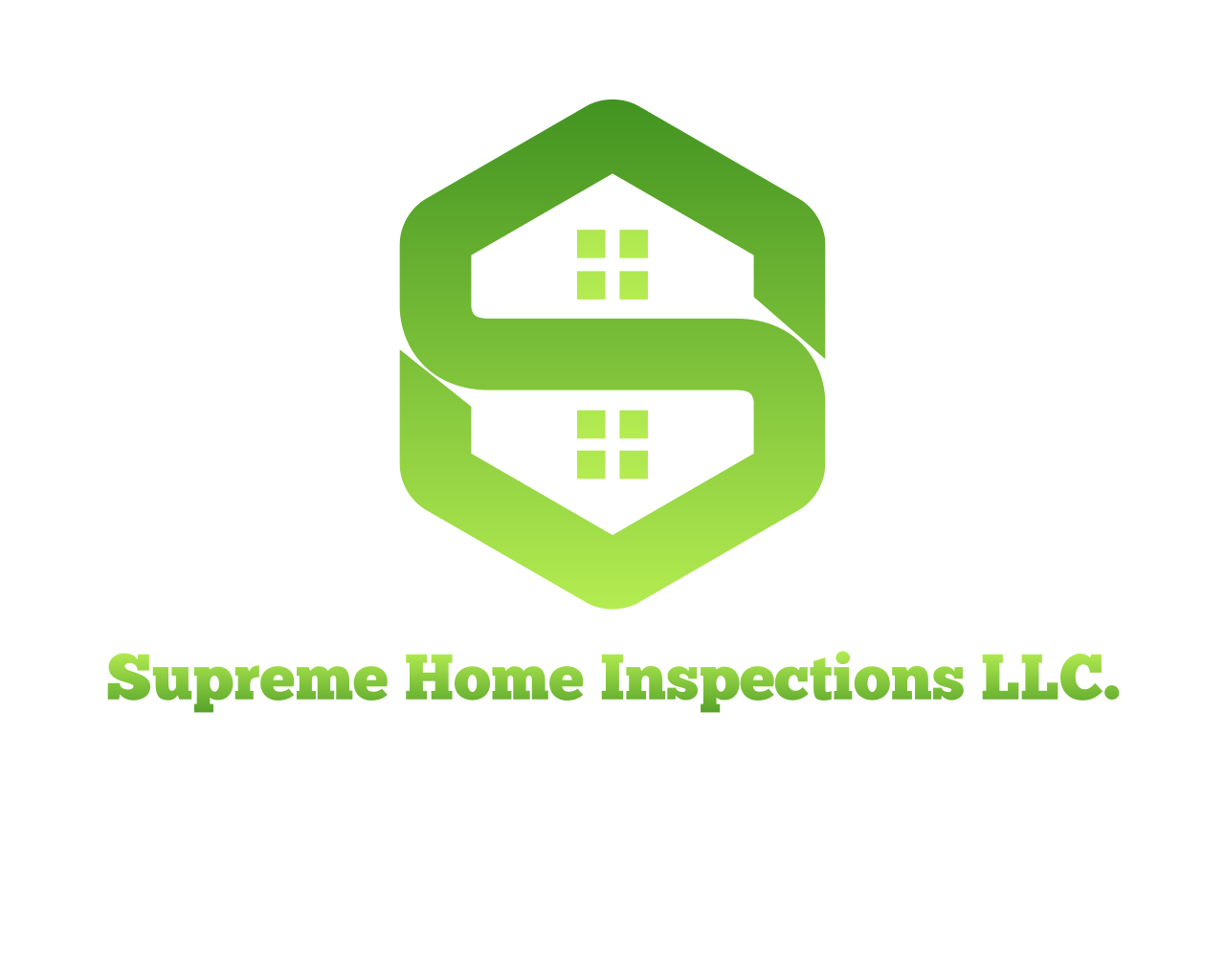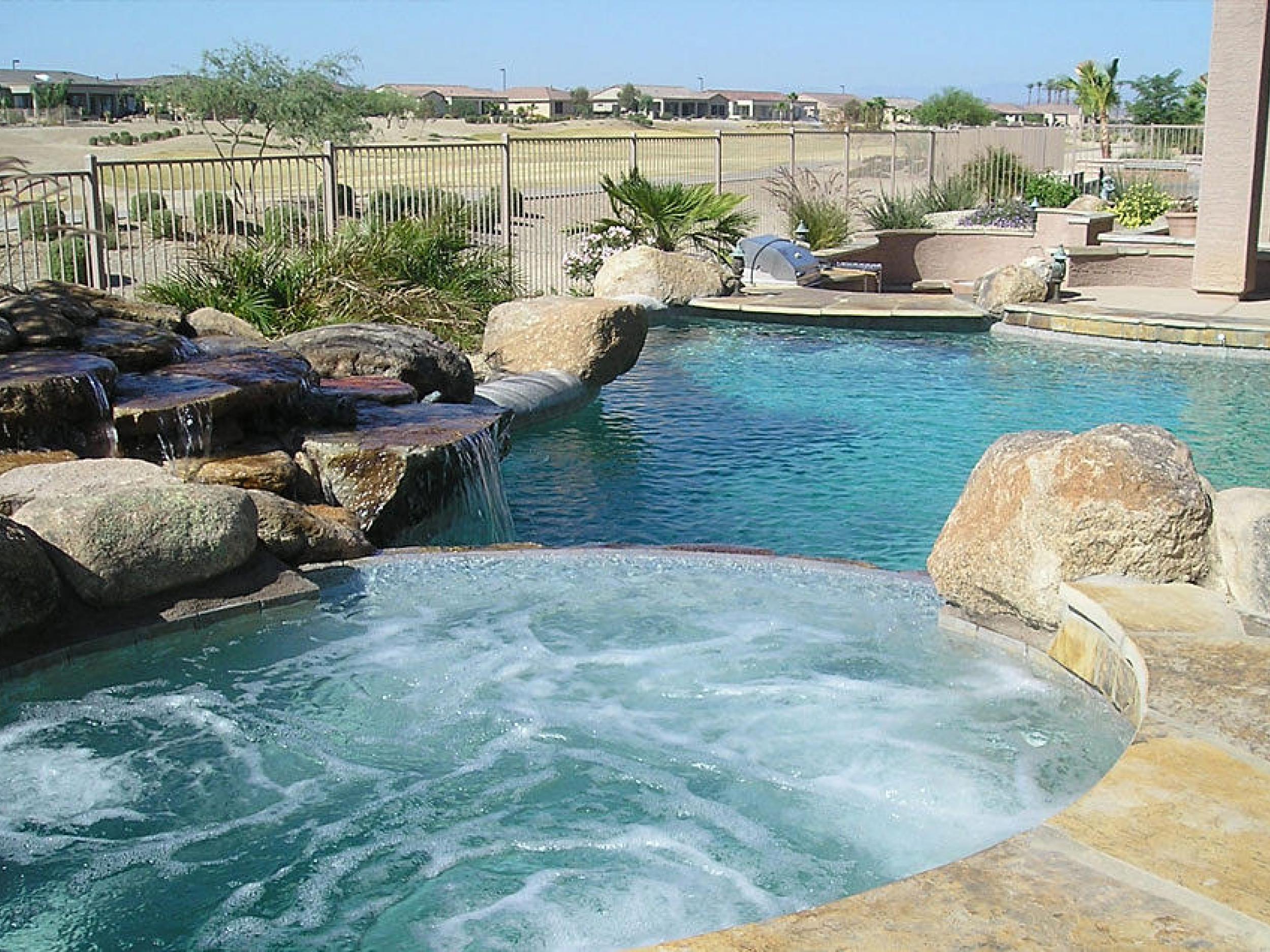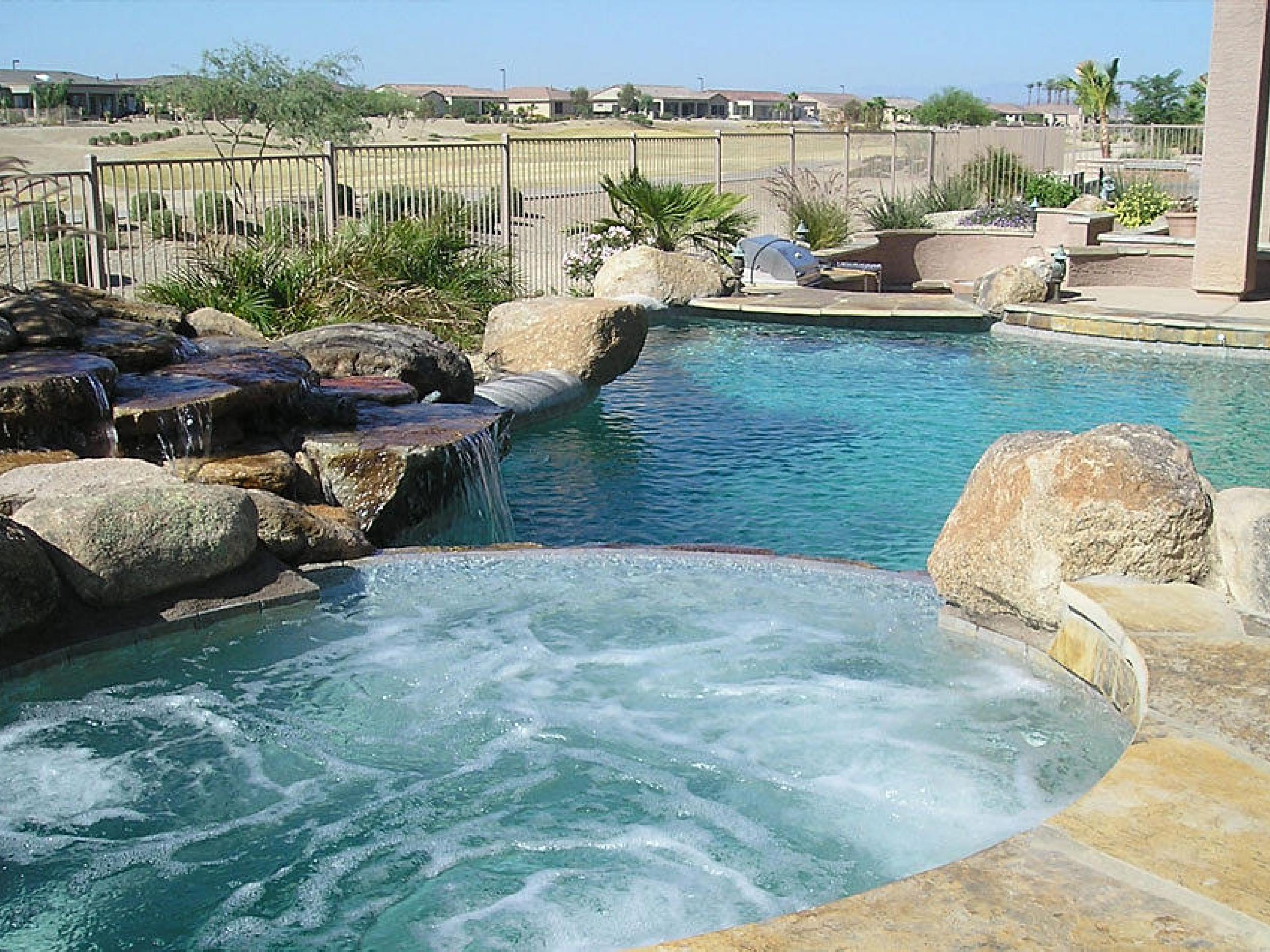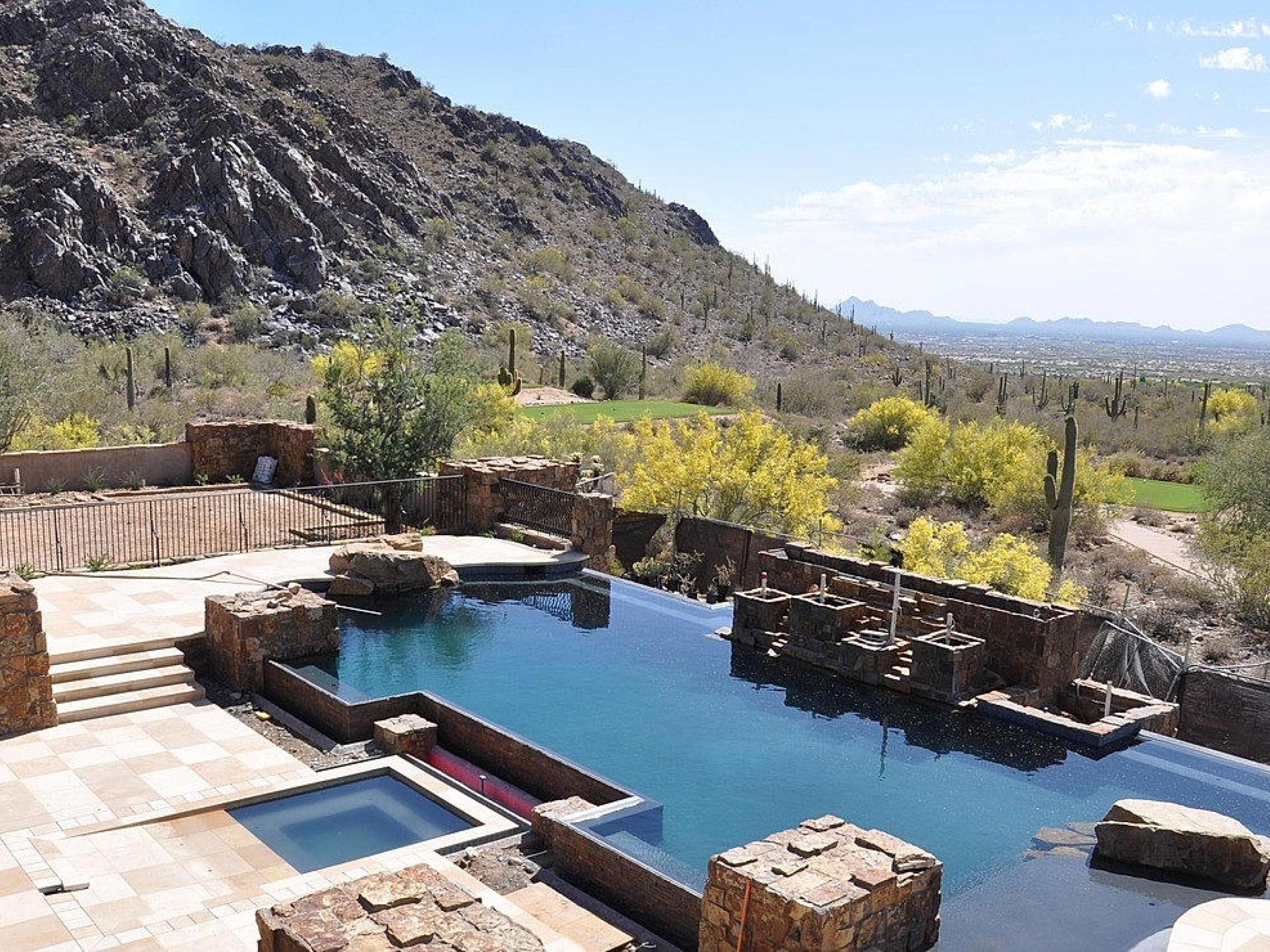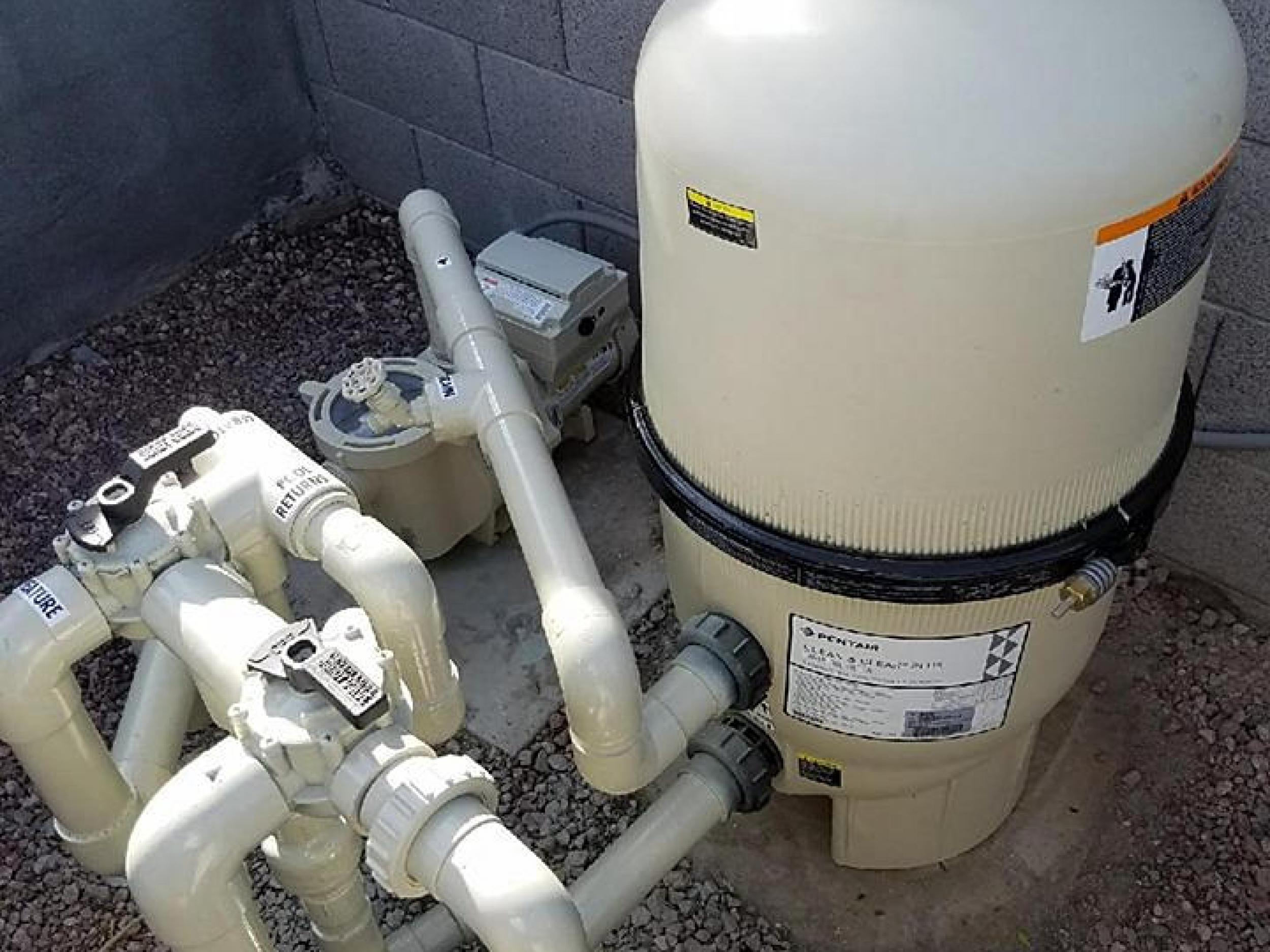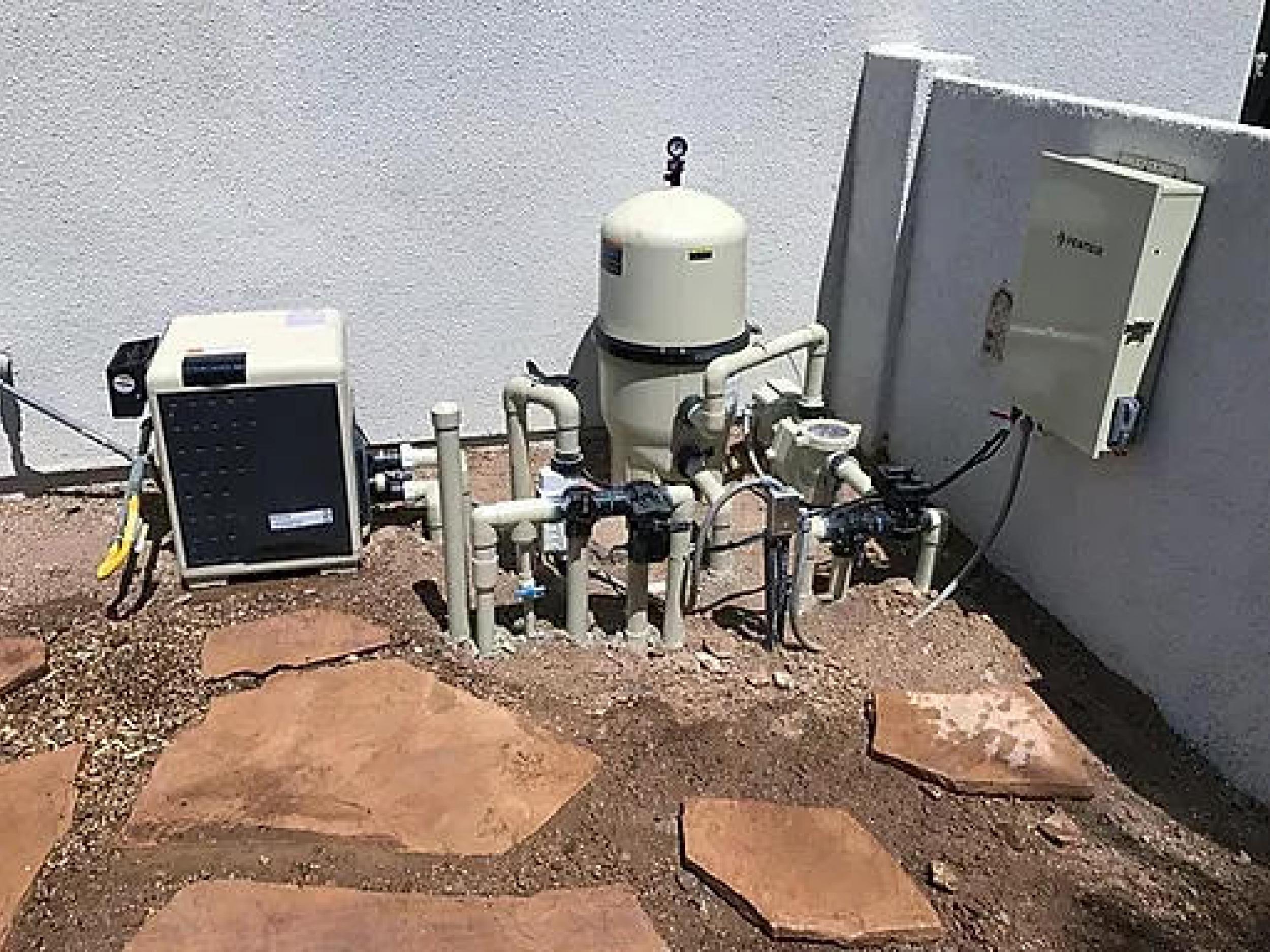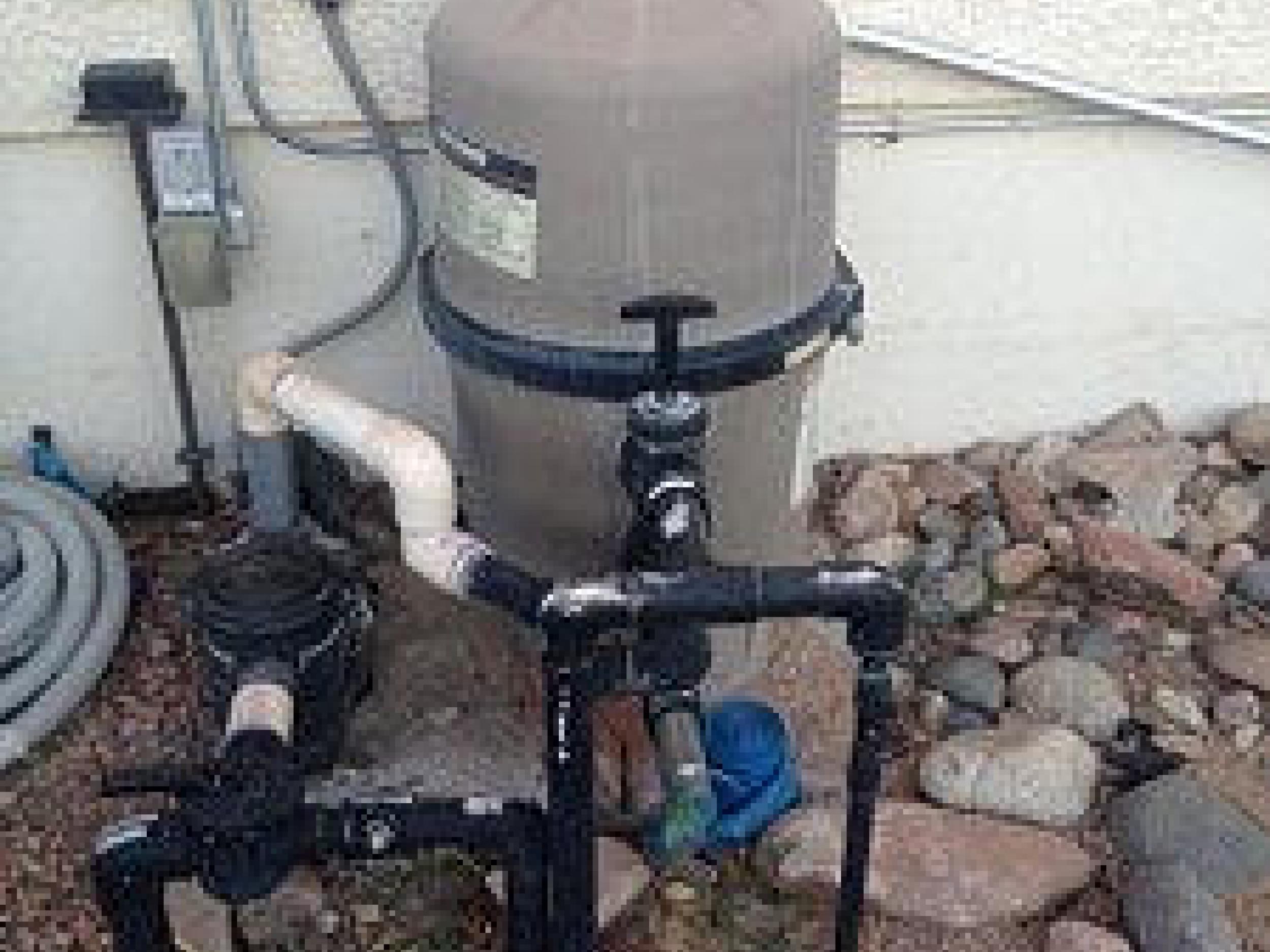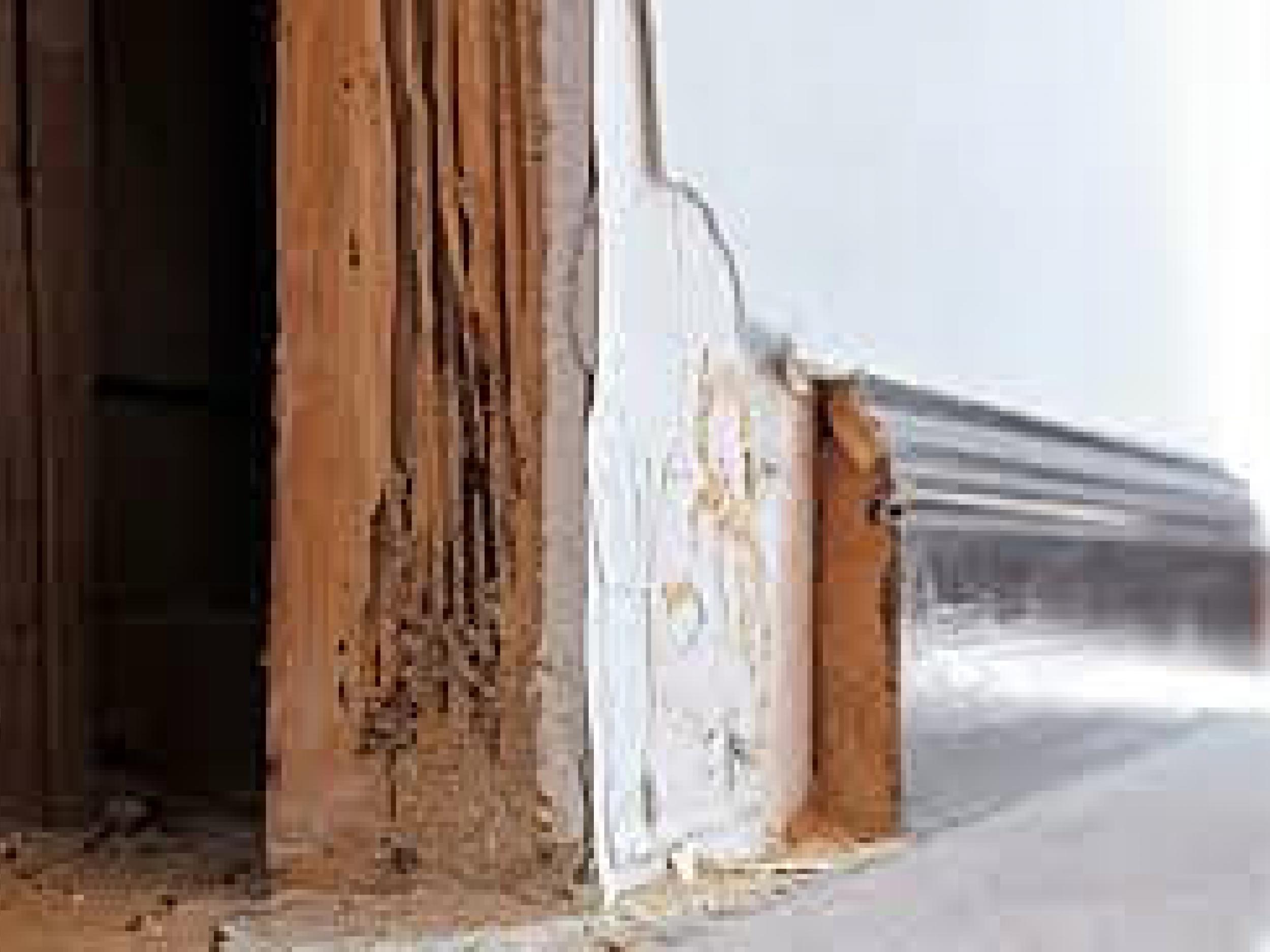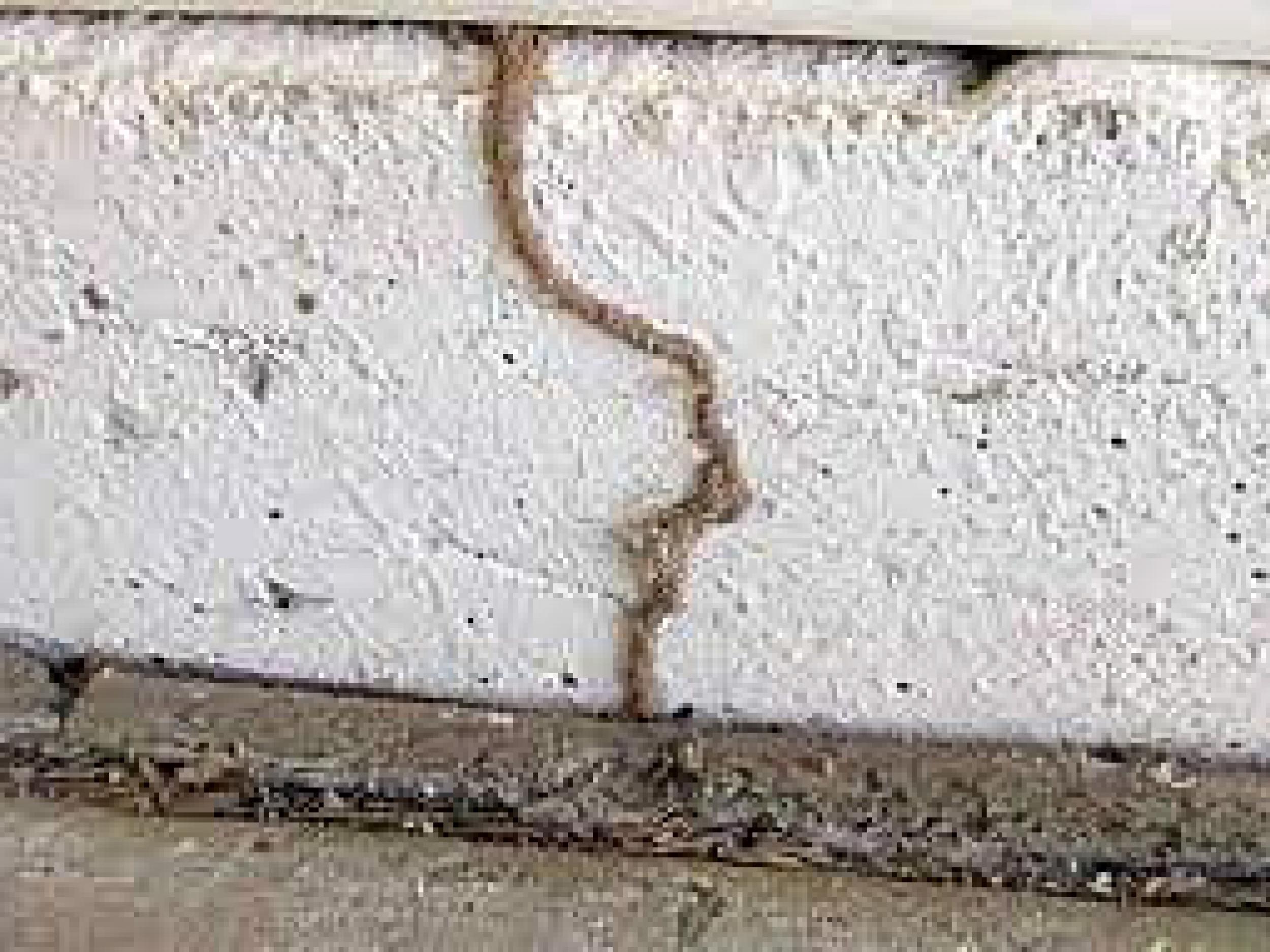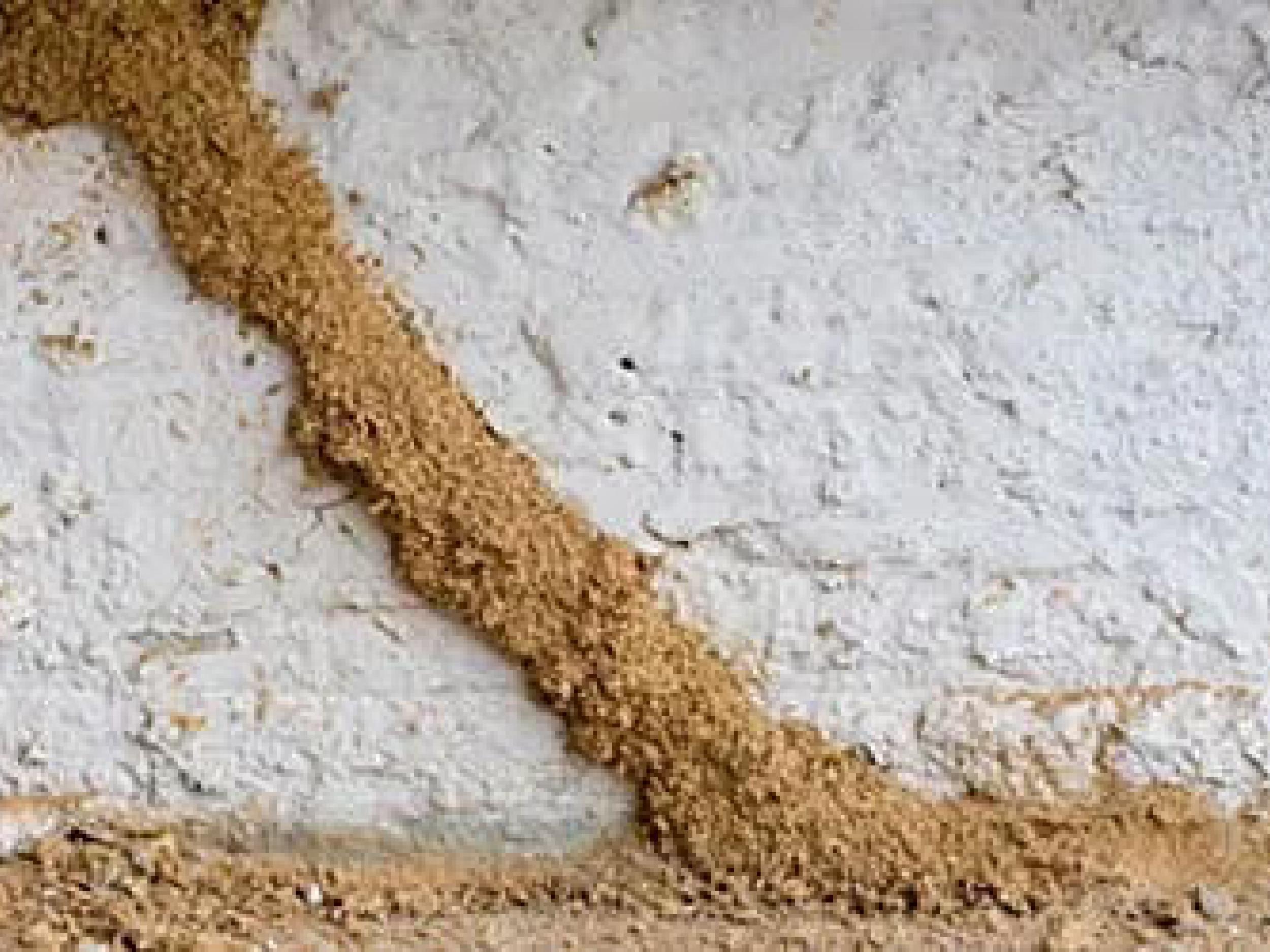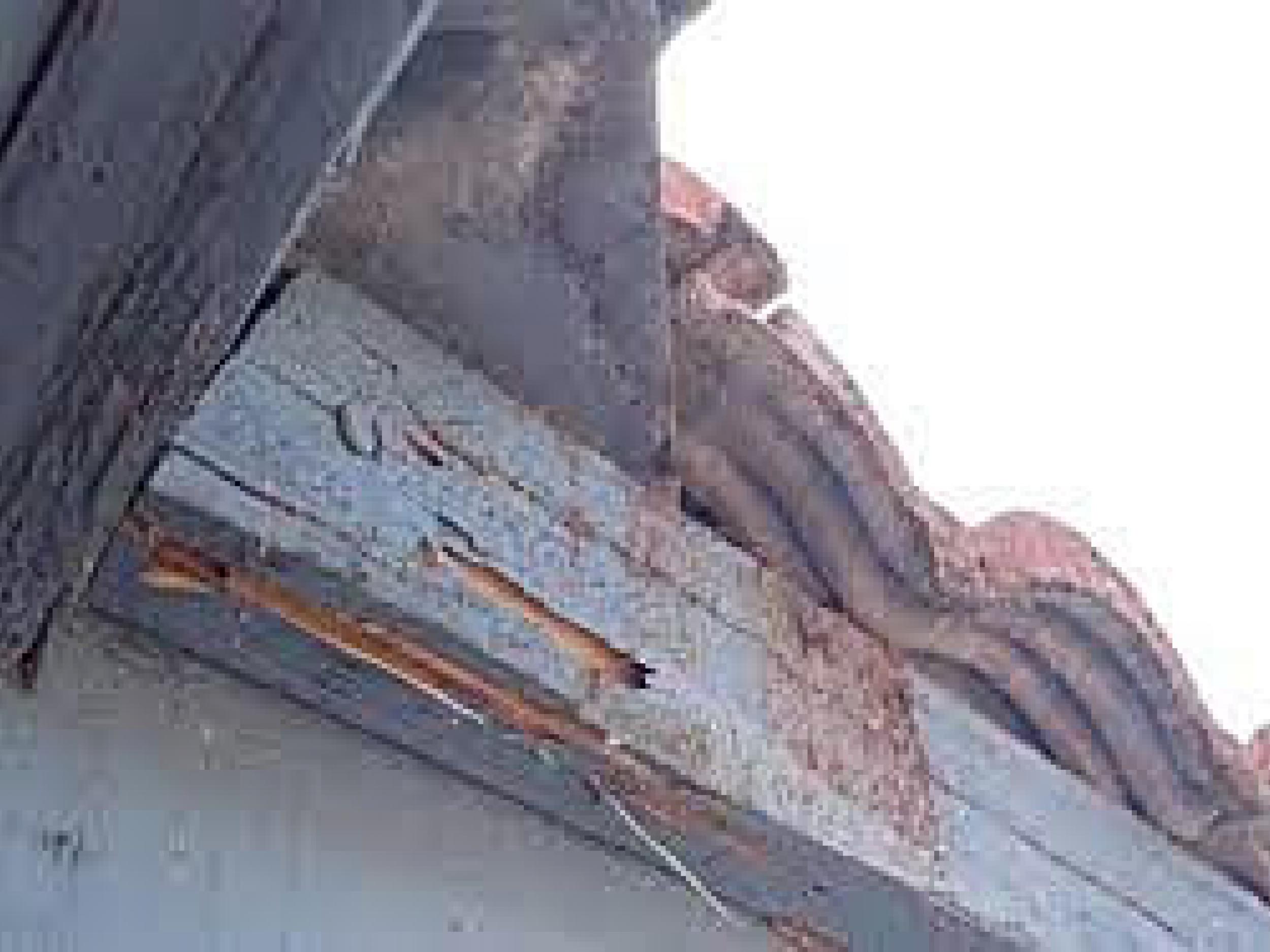-
Services
We offer the most comprehensive home inspection service available. (Click on PDF file for more details. What We Inspect SHI.pdf)
We start at the roof and evaluate not only the roof surface, but also the chimney, the ventilation system, the electrical service entrance, the plumbing stack, and any other systems or components located on the roof.
Our next step is to inspect the exterior of the home. We use a macro and micro approach to look at both the big picture and all the details.
We then move inside the house, and starting at the bottom, work our way up through the home into the attic. While inside, we address such things as the structure, the heating and cooling systems, the electrical and plumbing systems, the interior finishes, the insulation and ventilation, and accessories such as fireplaces.
Our evaluation is then communicated through a detailed inspection report, which includes descriptions of all the systems in the home, as well as any recommended improvements. This will help you prioritize the improvements and develop a blueprint for your future in the home.
Best of all, our services don’t end with the inspection. For as long as you own the home, you can call with any additional questions — at no extra charge!
-
Single Family Homes
Up to 1000 SF - $325
1001-1500 SF - $350
1501-2000 SF - $375
2001-2500 SF - $425
2501-3000 SF - $475
3001-3500 SF - $525
3501-4000 SF - $575
4001-4500 SF - $625
4501-5000 SF - $675
Addition Sq. Ft. >5000 $0.20/sq. ft.
Built Before 1950 - $100
Built Before 2000 - $50Re-inspections start at $150
-
Pool/Spa Inspection Fees
Benefits of getting a pool/spa inspection has many benefits, not just for your health and safety, but for your peace of mind.
A Pool/Spa Inspection Involves:
- Overview of the exterior
- The shell/coping
- Heater
- Pump
- Filtration system
- Electrical system
- Exterior visible plumbing
Pools Fee - $70
Pool/Spa Combo - $90
-
Termite Inspection Fees
A termite inspector will review all accessible locations for signs of termite infestation and or damage.
In addition to identifying activity, your inspector will indicate areas in or around the home that can be conducive to termite activity. Structural and moisture issues may include standing water on the roof, pooling water around the foundation, wood mulch close to the foundation, and wooden deck supports that touch the soil.
Less than 3000 SF - $70
3001 - 4500 SF - $85
Over 4500 SF - $105
-
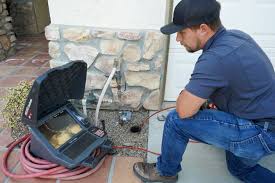
Sewer Scope Inspection Fees
A sewer scope is an inspection process where a small camera is inserted into the main sewer line of a property. The camera travels through the pipes, providing a visual assessment of their condition. This inspection helps identify any issues such as blockages, cracks, tree root intrusion, or other damage that could cause problems in the sewer system. It's a crucial step in home inspections to ensure the sewer lines are functioning properly and to prevent costly repairs in the future.
Sewer Scope - $270**
** The cost of a sewer scope inspection can vary depending on whether your property has an accessible sewer clean-out. A sewer clean-out is an access point that allows us to easily insert the camera into the main sewer line. If your property has a clean-out, the inspection process is straightforward, which typically results in a lower cost. However, if there is no clean-out available, we may need to access the sewer line through other means, which can be more time-consuming and may require additional equipment, leading to a higher cost. We always aim to be transparent about our pricing and will let you know upfront if any additional work is required.
-
